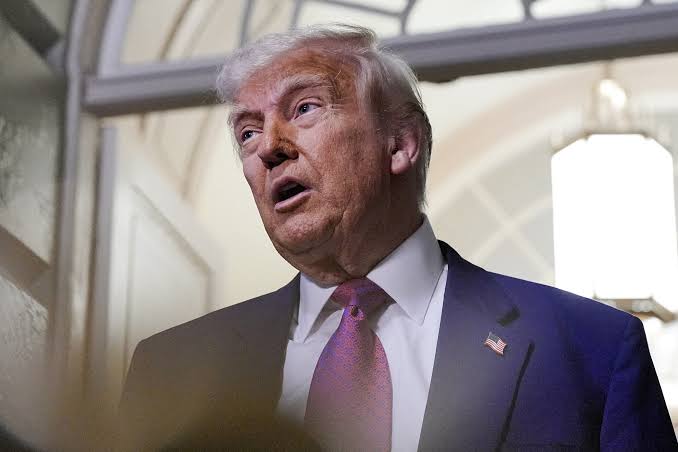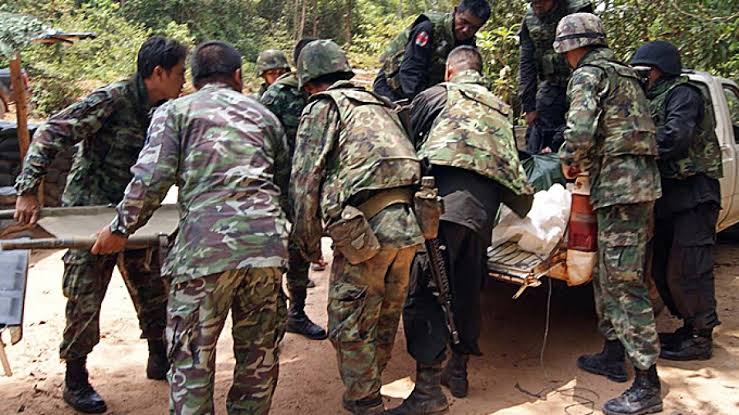Uncertainties surrounding the Trump administration’s security policies in Asia and Europe, the ongoing war in Ukraine, and renewed tensions between India and Pakistan are expected to be central themes at the upcoming Shangri-La Dialogue in Singapore.
The Shangri-La Dialogue, scheduled for May 31-June 1, is a prominent annual defense forum that brings together defense ministers, senior military and security officials, diplomats, analysts, and weapons manufacturers from around the world.
While a keynote address by French President Emmanuel Macron is anticipated, analysts and regional diplomats say that close attention will also be paid to U.S. Defense Secretary Pete Hegseth’s presentation on Saturday. Hegseth is expected to outline the Trump administration’s defense policy for the region.
Asian allies will be closely observing Hegseth’s approach, particularly regarding the Trump administration’s view of China’s military modernization and ongoing tensions in disputed waters across East Asia.
Discussions are expected to focus on the strategic competition between the U.S. and China, maritime conflicts such as the South China Sea, and the development of defense partnerships.
Read more: SMEDAN Licenses 150+ to Boost Nigeria’s Small Businesses
“Delegates will be eager to hear Defense Secretary Hegseth reiterate America’s commitment to regional security,” said Ian Storey, a regional security expert at Singapore’s ISEAS-Yusof Ishak Institute.
China’s defense ministry has not yet confirmed whether Defense Minister Dong Jun will attend the dialogue.
This year’s Shangri-La Dialogue, organized by the International Institute for Strategic Studies, will also feature a special session by Malaysian Prime Minister Anwar Ibrahim, who is navigating a balance between the country’s economic interests and its relationships with both China and the U.S.
Informal Discussions and Key Issues
The Shangri-La Dialogue is known for its open format, facilitating debates and bilateral discussions. However, analysts and diplomats caution that the informal nature of the event makes breakthroughs on major conflicts like the war in Ukraine or the India-Pakistan dispute unlikely.
While India and Pakistan are expected to be represented by senior military officials, the absence of government ministers suggests that significant progress is not anticipated.
Collin Koh, a security scholar at Singapore’s S. Rajaratnam School of International Studies, noted the potential for challenges in achieving consensus on complex issues like the South China Sea, given the competing interests of various Southeast Asian countries and China.
Koh also suggested that recent U.S. tariff policies could incentivize bilateral negotiations, potentially leading to a less unified approach and benefiting China.
Ja Ian Chong, a political scientist at the National University of Singapore, emphasized the importance of observing the U.S. response to recent Chinese maritime activities, including the construction of structures in the Yellow Sea and live-fire exercises in the Tasman Sea.
Chong cautioned that an overly strong response from the U.S. could escalate tensions, while the current administration’s unpredictability makes it difficult to assess its commitment to any stated positions.
Despite these concerns, Koh noted that the U.S. remains committed to ongoing exercises in the Indo-Pacific, suggesting that Southeast Asian countries do not perceive a significant decline in the U.S. security commitment.




